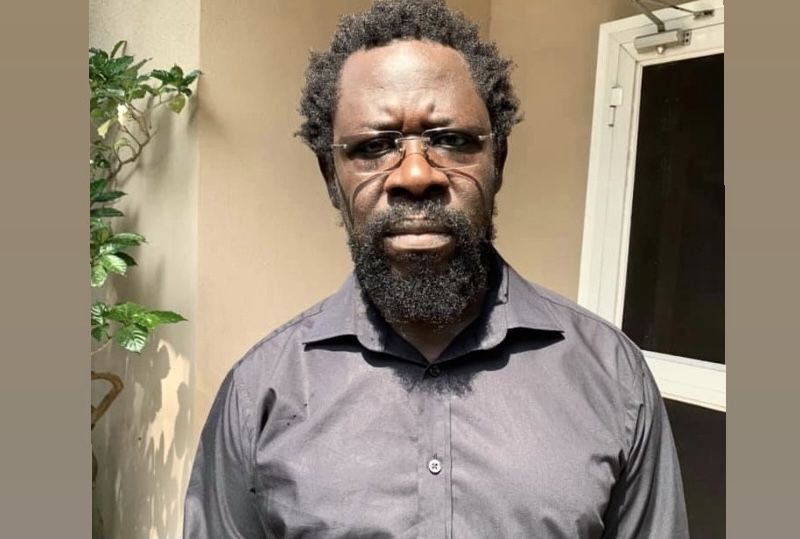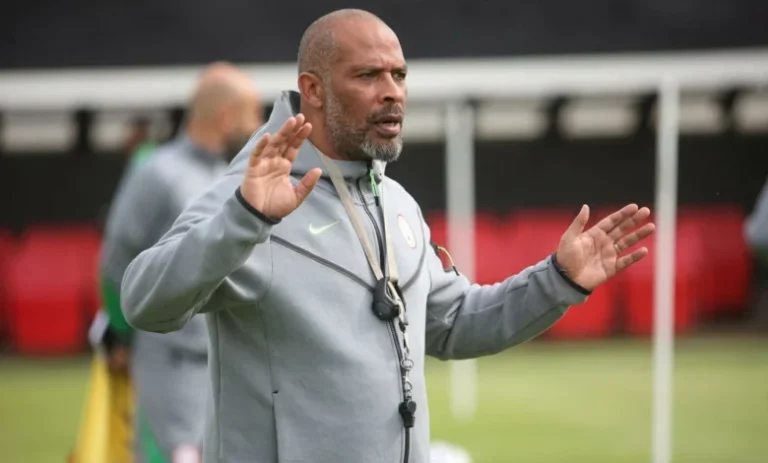
Human rights lawyer and activist Dele Farotimi has said that the Nigerian state fears accountability and the rule of law far more than it fears the armed groups that continue to terrorize its citizens.
Speaking in an interview on Tuesday, Farotimi accused the government of displaying hostility toward peaceful citizens who demand justice and reform, while tolerating or negotiating with violent actors such as bandits and terrorists.
His remarks followed Monday’s protest in Abuja calling for the release of Nnamdi Kanu, leader of the Indigenous People of Biafra (IPOB), which was led by activist and former presidential candidate Omoyele Sowore.
Farotimi said Nigeria’s recent history clearly shows the state’s fear of accountability. “On October 20, 2020, Nigerians were protesting peacefully, waving flags and singing the national anthem.
They were murdered in cold blood. That is how the Nigerian state responds to citizens who demand to be treated as humans,” he said, referencing the #EndSARS protests against police brutality.
He described the now-defunct Special Anti-Robbery Squad (SARS) as a “brutal arm of the Nigerian state” used to enforce impunity and silence dissent, adding that the government has consistently chosen violence over dialogue in dealing with its own people.
According to him, whenever activists like Sowore or other civic leaders organize peaceful demonstrations, the police respond with “full force — ready to murder and maim,” yet remain silent or inactive when faced with terrorists, bandits, or armed militias responsible for mass killings and kidnappings.
“When you observe how the same Nigerian state treats bandits, terrorists, and militias killing Nigerians openly, what you see is complicit silence,” Farotimi said. “The truth is that the Nigerian state is terrified of accountability — it does not want to be subject to the rule of law or held responsible by its victims.”
Farotimi’s remarks echo a growing concern among activists that Nigeria’s leadership has prioritized self-preservation over justice, and that the government’s approach to dissent continues to erode public trust and democratic freedoms.



